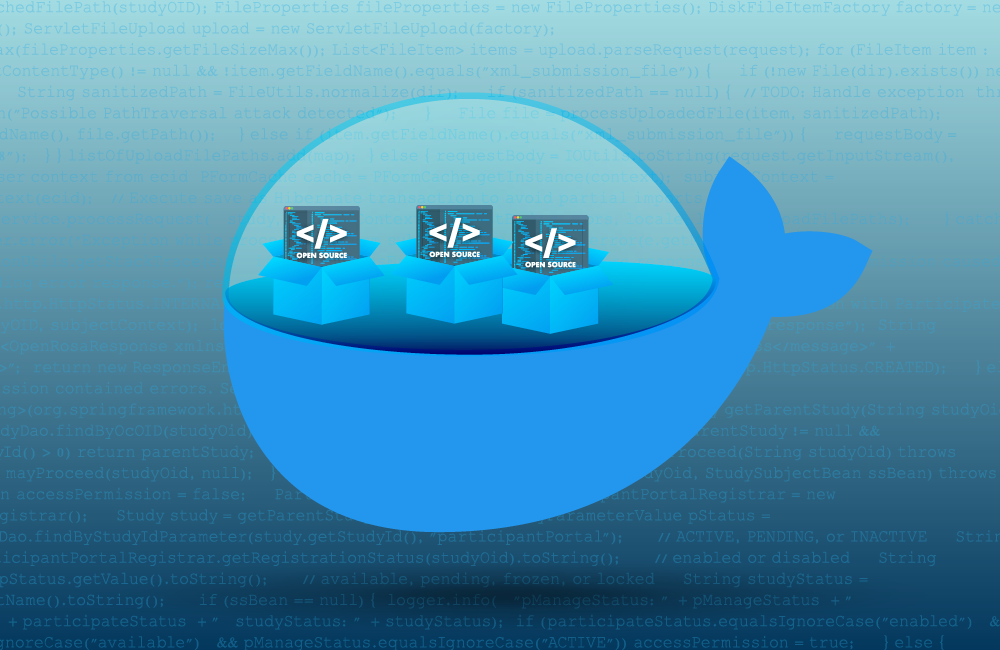Hosting
The hosting service is a powerful solution that allows researchers to manage virtual machines and containers. With this service, researchers can easily create and customize virtual environments that meet their specific needs, without the need for physical hardware or infrastructure.
This service is managed by PROXMOX, which is a popular and reliable virtualization platform that provides a robust set of features and tools for managing virtual environments. Using PROXMOX, researchers can easily manage virtual machines and containers.
With 4 servers that have a combined total of 224 cores, 3TB of RAM, 20TB of SSD storage, and 160TB of SATA disk storage, the hosting service can provide researchers with a highly scalable and flexible platform for running their applications and workloads. Researchers can easily provision virtual machines and containers with the resources they need, and scale up or down as needed based on their research requirements.
Overall, the hosting service offers researchers a highly flexible, scalable, and reliable platform for running their web sites and applications for their research. With the powerful resources provided by the 4 servers, and the management capabilities of PROXMOX, researchers can easily create and manage virtual environments to meet their specific research needs.
Virtual machine
A virtual machine is like a computer inside another computer. You can imagine having a box on a computer that can run a completely different operating system than the one the computer has. This is done by a program called "hypervisor". This virtual machine (VM) can have its own operating system, applications, and dedicated resources. It's like having two (or more) computers in one.
Advantages:
- Isolation: Virtual machines are well isolated from each other, this means that if something goes wrong in one VM, it will not affect the others.
- Independence: Virtual machines are independent of the operating system of the physical machine.
Disadvantages:
- Resource consumption: Virtual machines can be heavy in terms of physical machine resources.
Container
A container is like a lightweight box that has everything an application needs to run: code, libraries, tools, and configuration. Unlike virtual machines, containers share the same operating system kernel as the host machine. This makes them lighter and faster to deploy.
Advantages:
- Efficiency: They share resources with the host system, which makes them light and fast.
- Portability: The applications contained are independent of the operating system and can be easily moved between environments.
- Rapid deployment: They can be started and stopped quickly, making it easier to deploy applications.
Disadvantages:
- Less isolation: Compared to virtual machines, containers offer less isolation.
- OS limitations: Container applications must be compatible with the host operating system.

